For nearly 40 years, practically all research has shown that eating fat is strongly implicated in heart disease. It is also clear that eating fat is a big player in the obesity epidemic. Fat is also involved in the formation and spread of some common cancers, namely, breast, prostate and colorectal cancers. This short video <here> shows what some studies show about how fat damages our bodies. In this post we look at the real facts about fat.
This research about the damage fat can do spawned the low-fat campaign to take the fat out of fattening foods and provide substitutes.
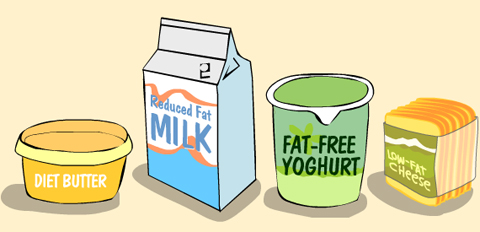
Fat Marketing
In recent years, doubt has been thrown on all of this research. Media releases about butter being back and fat being good has confused many people about how much fat they should eat. We have been told that hundreds of meticulously-done research studies have been twisted and misread to produce these results. That the vegetable oil and margarine industry were behind this. That fat was actually NOT as bad as these studies showed.
Now we are told that traditional fats are really necessary, and without them, our bodies cannot function properly. These fats include butter, lard, dripping, chicken fat, cream, yoghurt, raw milk, olive oil and coconut oil. We were apparently all victims of a huge 50-year conspiracy to hide this supposed truth. No one seems clear on what the fat facts actually are. One thing I have observed is that those who support these views are often struggling with weight problems themselves – but don’t seem to have drawn a link between their views and their problem.
Fat Beliefs
This belief that fat is good is rampant in ‘health food’ circles. We must eat “good fats,” we are told. This is better than “bad fats”, I agree – but I contend paying a lot less attention to any fats is better. People believe that eating too much fat has NOT made us fat and sick, and that all those 50 years of studies that showed otherwise were distorted in some way.
This totally erroneous statement from Harvard Medical School summarises the public’s confusion:
Few public health messages are as powerful and as persistent as this one: fat is bad…the average American has substantially reduced the percentage of calories that she or he gets from fat over the past three decades…but we are not any healthier for all of this effort. In fact, we are worse off for it.
Harvard Medical School
It follows logically that IF we have reduced fat calories but are getting fatter, then fat is not the cause. It must be something else. In other words, we can eat more fat to our heart’s content because fat has not made us fat. This has led to the keto-movement. This whole dietary movement has sprung out of confusion about fat facts.
Why this (above) statement is incorrect is shown below.
The real facts about our fat consumption
While studying for my first Nutrition degree, I read some statistics that made me question this ‘fat propaganda’. An Australia-wide government survey in 1980, showed that Australians were eating
- 50% more beef than in 1900
- 150% more oil (including olive oil) than in 1900
- 400% more cheese than in 1900 and
- 800% more margarine than in 1900
Another survey I saw showed that dairy consumption had more than doubled from earlier last century.
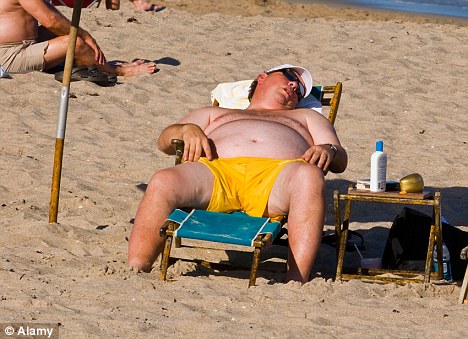
That shocked me.
I had had a ‘romantic’ but false view that our ancestors last century had been feasting on a lot of fat but staying lean and healthy. Steak and eggs, roast beef every night, multiple glasses of raw milk. My mother’s favourite food after school had been bread with dripping. (Dripping is the congealed fat that dripped from last night’s roast dinner meat. You can’t get much fattier than that.)
Because of my view of the past, based on anecdotes and a vivid imagination, it surprised me to find we are actually eating a LOT more fat these days than even 80 years ago.
The confusion arises because most people believe we have reduced the calories we get from fat. In fact, the opposite is true. We have definitely INCREASED fat calories – while thinking we were in the midst of a low-fat craze.
None of us in the West have actually reduced our fat calories, particularly not in Australia. But we THINK we have!
In fact, we have doubled and tripled them! That’s why we are worse off.
The blind leading the blind
Today, many health professionals look to studies like the huge Harvard Nurses’ Health Study to learn about nutrition. This study, started in 1976, followed 238,000 nurses over 20 years. In this study, high fat eaters were compared with nurses who ate only skim milk and low-fat yoghurt as their main fat sources. There was next to no difference in their health. From looking at this study researchers naturally concluded that eating fat does not cause any illness.
The problem with these comparisons was that no one in this study was eating less than 30% fat in their diet. In fact, both comparison groups were actually eating high-fat diets – there was no low-fat comparison group! False fat ‘facts’ were based on a large but poorly designed study – as far as the fat aspect was concerned. We failed to realise back then that the only way to really get a low-fat diet would be to take ALL those dairy foods right out of the diet, and almost all the meat too.
It wasn’t until research projects moved overseas from the West – to developing countries where people ate less meat and no dairy foods – that the benefits of a true low-fat diet could be seen:
- less heart disease
- next to no obesity
- no diabetes
- less cancer
- less of other diseases too.
You can read <here> about how eating too much fat of any sort causes Type 2 diabetes.
How much fat do you need?
If you are very lean, as long as you have cut out processed foods including vegetable oils, just a little of the Omega 3 and 6 fats are all you need. You can get the Omega 3s with a tablespoon of walnuts, ground flaxseeds or chia seeds daily or 2 – 3 small serves of oily fish a week. You can get the Omega 6s with a handful of raw nuts each day. Vegetables contain both Omega 6s and 3s.
If you are overweight, you should need next to no dietary fat. When your body needs fat to build something, it will instigate a process called lipolysis, and break down the stored triglycerides into their component parts, then use those free fatty acids to make whatever type of fat they are needed for. You’ll never be short of needed fats while you have fat on your body.
The real fat facts – don’t be confused any longer
Here are the up-to-date fat facts. We know that fat is full of calories. It will sit on your hips if you are already carrying a lot of fat. Animal fats cause inflammation in a myriad of ways. We know how they work in the body – it is not a mystery why eating them drives disease processes.
Our society is not growing overweight solely because of eating all this fat – there are many, many reasons. But it is one clear reason and one that we can control.

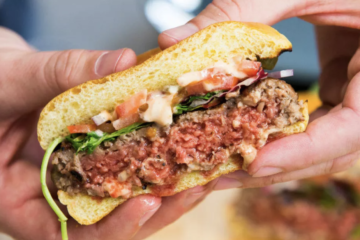
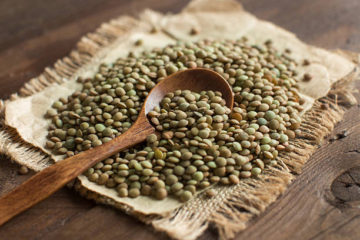
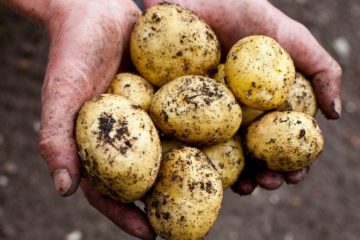
0 Comments